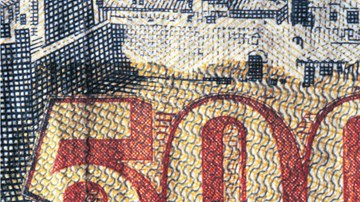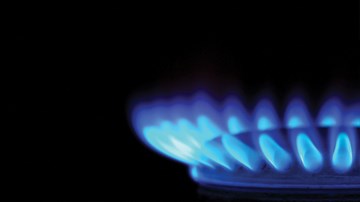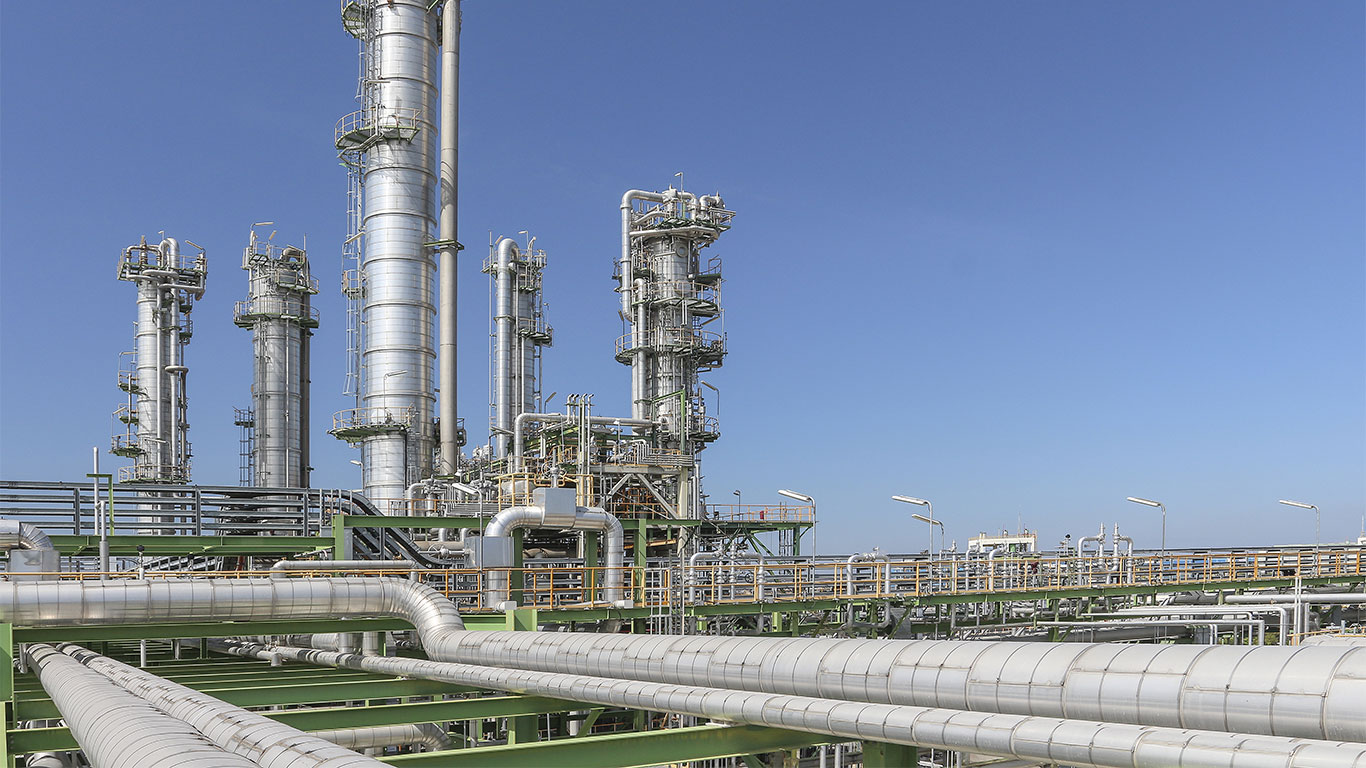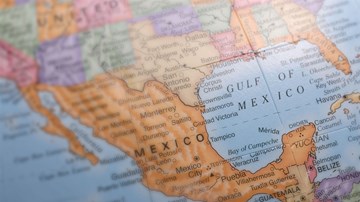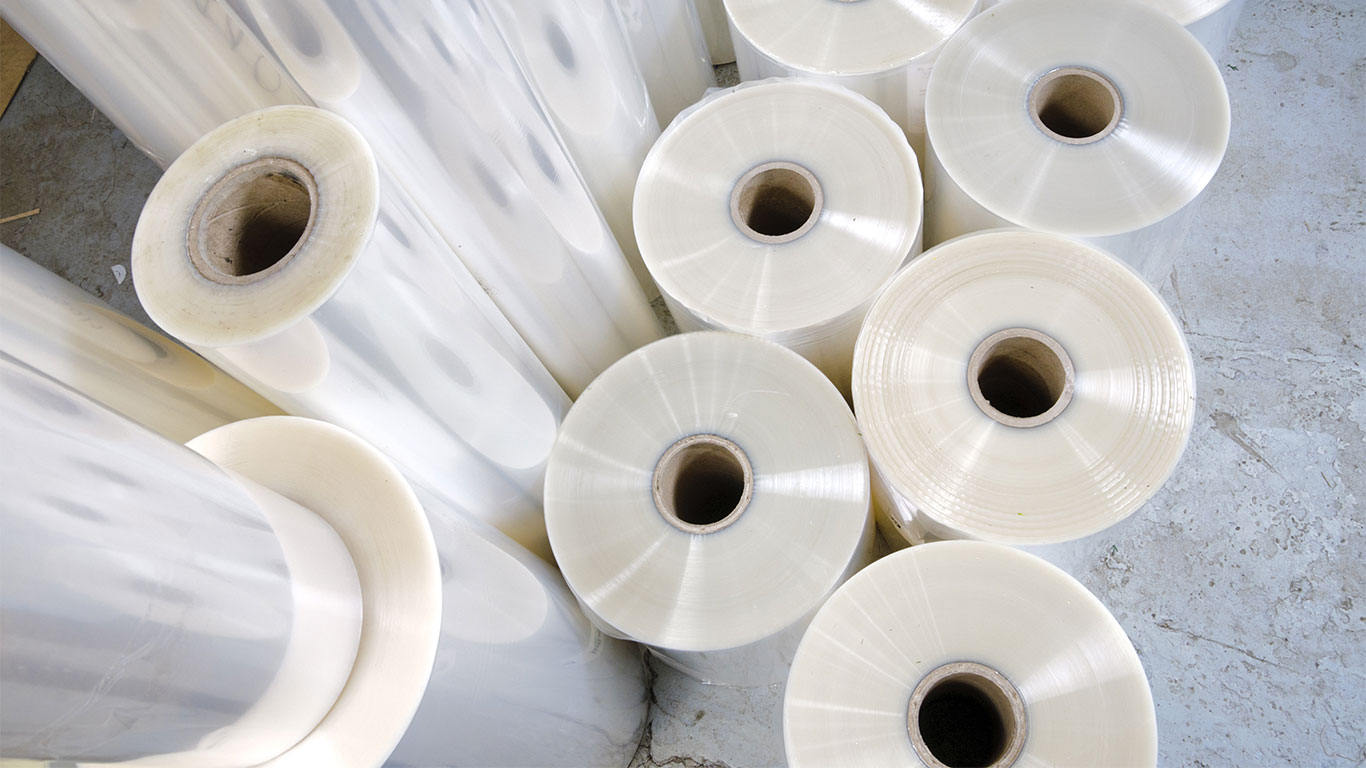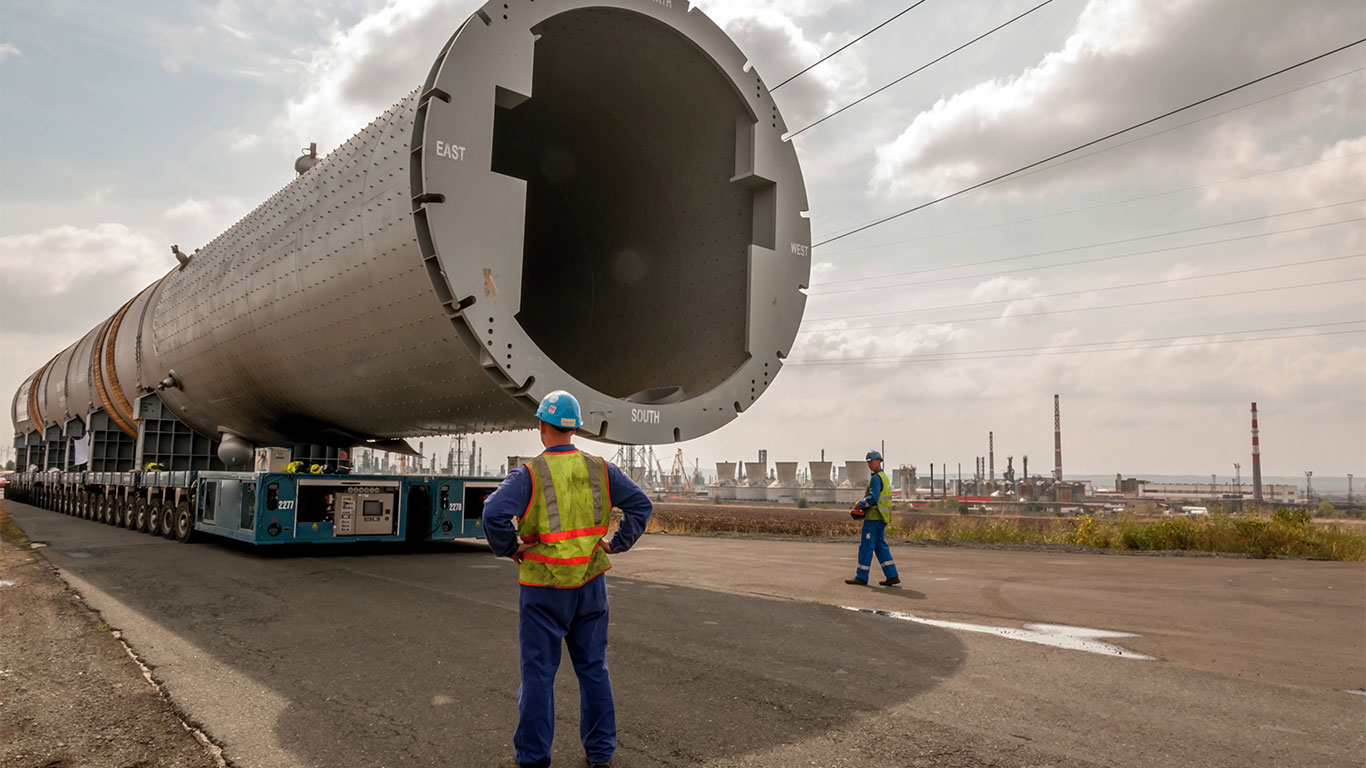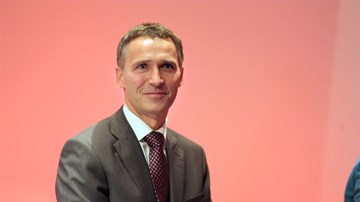There are broad principles of how lifestyle can be connected to wellness. Not just the long-term risk of the big Western diseases like heart disease and diabetes, but a lifestyle that drives everyday wellness. This is the kind of wellness that delivers both at home and at work, day in day out.
Stress management has recently become the leading cause of absenteeism in the UK labour market. Stress is the harmful physical or emotional response that occurs when the demands on a worker exceed the resources that person has to manage those demands. Many people exhaust a significant part of their resource by poor eating habits and a lack of exercise. If you are excessively tired or highly stressed you will benefit from focusing more on yourself by exploring the guidelines below.
A quick and easy way to establish the physical shape you are in is based on two factors, your body mass index (BMI) and your waist to stature ratio (WSR). Your BMI is a measure of your height to weight ratio and is easily calculated online (Google BMI calculator). A number of 24-25 in men is a good weight if your WSR is okay. For women they often prefer a number around 21-23. The WSR is an indicator of how high your body fat is. As a guide, experts suggest on average your waist should not exceed half your height. If your BMI is high or if it is normal but your WSR is high you could consider the framework below to get yourself back on track.
The Basic Rules of Eat Well Live Well:
-
Hydration; the popular press like to make this area controversial but it works. Drink two litres of water and decaffeinated hot drinks a day. Avoid sweetened drinks of any kind.
-
Three meals a day; get into the breakfast habit, give lunch half a chance, however busy you are and don’t make the evening meal a massive catch up for missed food in the day.
-
Unrefined carbs are key. Whole fruit not juice, wholegrain not white. How close is it to how it grew? It is a long way from corn on the cob to Crunchy Nut Cornflakes. Too much sugar in our diets is a big, bad problem.
-
Less starch, more fibre. This will drop your body fat, your cholesterol and help your gut work properly. Less bread, pasta, potatoes and rice with more grow-above-the-ground veg instead.
-
Cut out the rubbish, snacks high in fat, sugar and salt dominate our eating between meals. If you get the meals right you won’t be hungry and you will save the damage that is done eating rubbish between meals.
-
Very few people eat enough protein in the modern diet. It suppresses appetite and this is the key to reducing unhealthy snacking and dropping the overall daily calorie intake. It also slows the speed that the sugars in our gut hit our blood stream.
-
Fat has twice the calories by weight than carbs or protein. Much of the flavor in our food is locked in fat. We have moved towards a high fat diet because it tastes better. Processed meat (like sausages, ham and bacon), cheese and butter are often eaten in high volume. The less animal fat you eat the better.
-
Some of the treats and stimulants we take every day in our diet need to be properly moderated. Limit yourself to two caffeinated drinks a day, one bottle of wine (or five pints of beer) a week and no more than a can of fizzy drink a week. (If you smoke do yourself a favour...)
-
Exercise; how much do you move? Get a pedometer and see if you take 10,000 steps a day. If not you are sedentary and need to gradually build it up. Everyone benefits from exercise wherever you start from. It is the best antidote to stress we have. Set an appropriate exercise goal that will take three to six months to prepare for. Anywhere from a 5k charity walk to a first marathon or mountain to climb. Find three hours a week to start and build in regular exercise. Take some advice from friends if you are not sure how to structure it properly.




